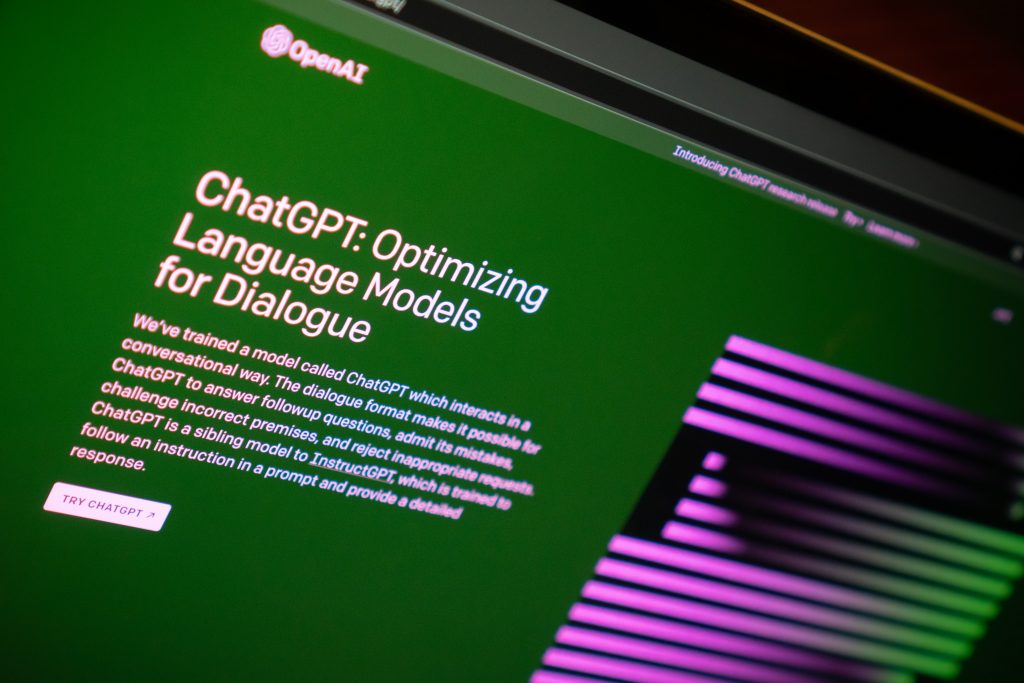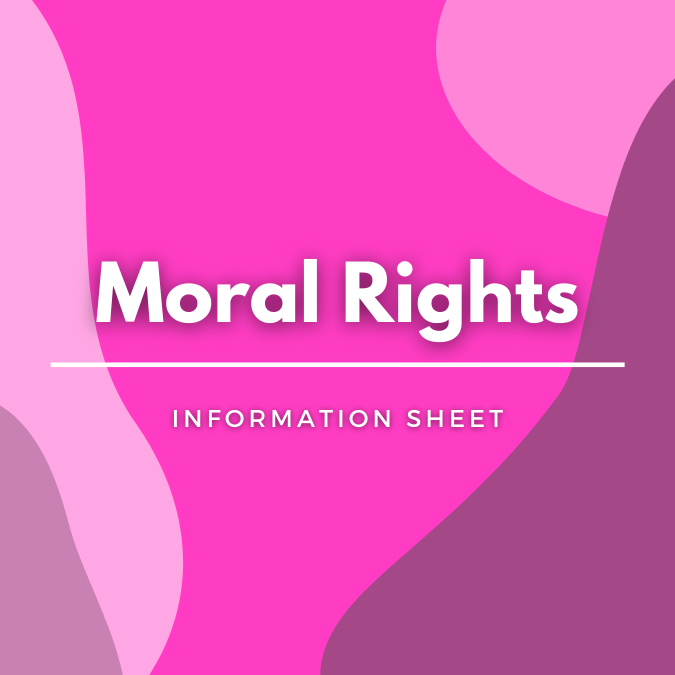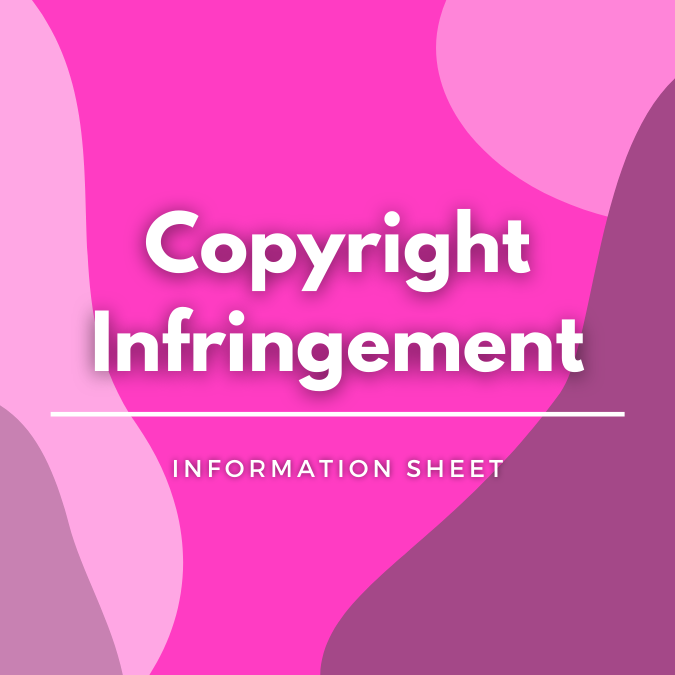Speak for Yourself? ChatGPT and what to think about as a creator

What is ChatGPT?
The artificial intelligence (AI) chatbot, ChatGPT, has taken the world by storm, racking up a million users in record time. ChatGPT is a large language model developed by OpenAI that uses probability to craft sentences that mimic human language patterns. It is trained on vast amounts of data so that it can provide meaningful-sounding responses to an endless range of prompts.
What does it have to say for itself?
We asked ChatGPT to describe itself and it’s impact on creators. Here’s what it had to say.

ChatGPT’s answer to, “write a short article about yourself and how your existence might affect creators.”
The risk of not being able to see inside the black box
ChatGPT is trained on masses of data. As a user, you have no idea what books, articles, blogs, essays and other texts have been used to train it — and you also will have no idea when parts of those texts appear in ChatGPT’s answers to your questions (the ‘outputs’).
It is likely that many of those texts are protected by copyright. Copyright is infringed when a ‘substantial part’ of a copyright-protected work is used without permission. But there also needs to be an element of ‘copying’ (ie, that you would have had access to the original work and copied from it).
When it comes to ChatGPT, a user could argue that there was no ‘copying’ on their part because the machine did it — even if an output used a substantial part of someone else’s work. The ‘copying’ is more of a problem for the developers, OpenAI. (As OpenAI is based in the USA, they would no doubt rely on a defence of ‘fair use’ to try and protect themselves from infringement claims).
In Australia, you can also be liable for authorising copyright infringement by someone else. It is an open question whether a user could be ‘authorising’ infringement by OpenAI. This question, like many others in this area, will only become clear when we hear from the courts.
What does this mean for you as a creator and a user? While you might have arguments to avoid legal liability for copyright infringement, there’s a good chance you are benefiting from the use of other people’s creative work without permission.
While OpenAI has guidelines and processes about what data it uses, it does not guarantee that outputs don’t infringe copyright or include confidential information. In its terms of use, OpenAI says you can do what you want with outputs (it assigns users “all its right, title and interest in and to the output”) but also makes you responsible for ensuring the output doesn’t “violate any applicable laws or [the Terms of use]”.
So, as a user, the responsibility is placed on you. But you have no way of auditing the output!
Whenever you use an online service or a social media platform as a creator (or even a general user), it is a good idea to read the terms of use. You can find OpenAI’s terms of use here – https://openai.com/policies/terms-of-use.
The limits of copyright protection
In the USA, the Copyright Office granted and then took away copyright protection for a 13-page comic book that artist Kris Kashtanova generated using an AI because the visual imagery and artworks were not the product of a human artist. However, the Copyright Office did allow Kashtanova to retain copyright in the arrangement and storyline of the comics.
So what’s the story here in Australia?
The courts in Australia have not looked at copyright protection for work created by AI yet. At this stage, we don’t know if outputs produced by ChatGPT will be protected by copyright. If you are using ChatGPT in your creative process, this could affect your ability to commercialise your work (because if there’s no copyright protection, people can use it without permission).
Our existing laws say that a person needs to expend some intellectual or creative effort in a work to obtain copyright protection. At the risk of stating the obvious, ChatGPT is not a person. So it is likely that the courts will look at what you have done with the output to decide if it will be protected by copyright.
Have you edited, modified or re-worked the output? Have you built your own algorithm and AI? The more independent effort you have put into creating a work (separate from what the AI has done), the more likely it is that the work will be protected by copyright.
However, if you are just prompting ChatGPT with a question and using the exact answer it produces, that answer may not be protected by copyright.
All we can do is wait and see what the courts say…
Got more questions about copyright and AI?
Arts Law has an information sheet on AI and Copyright that you can read here.
If you are thinking about using ChatGPT or other AI products in your creative work, you can get legal advice from Arts Law by filling out our legal query form here.




